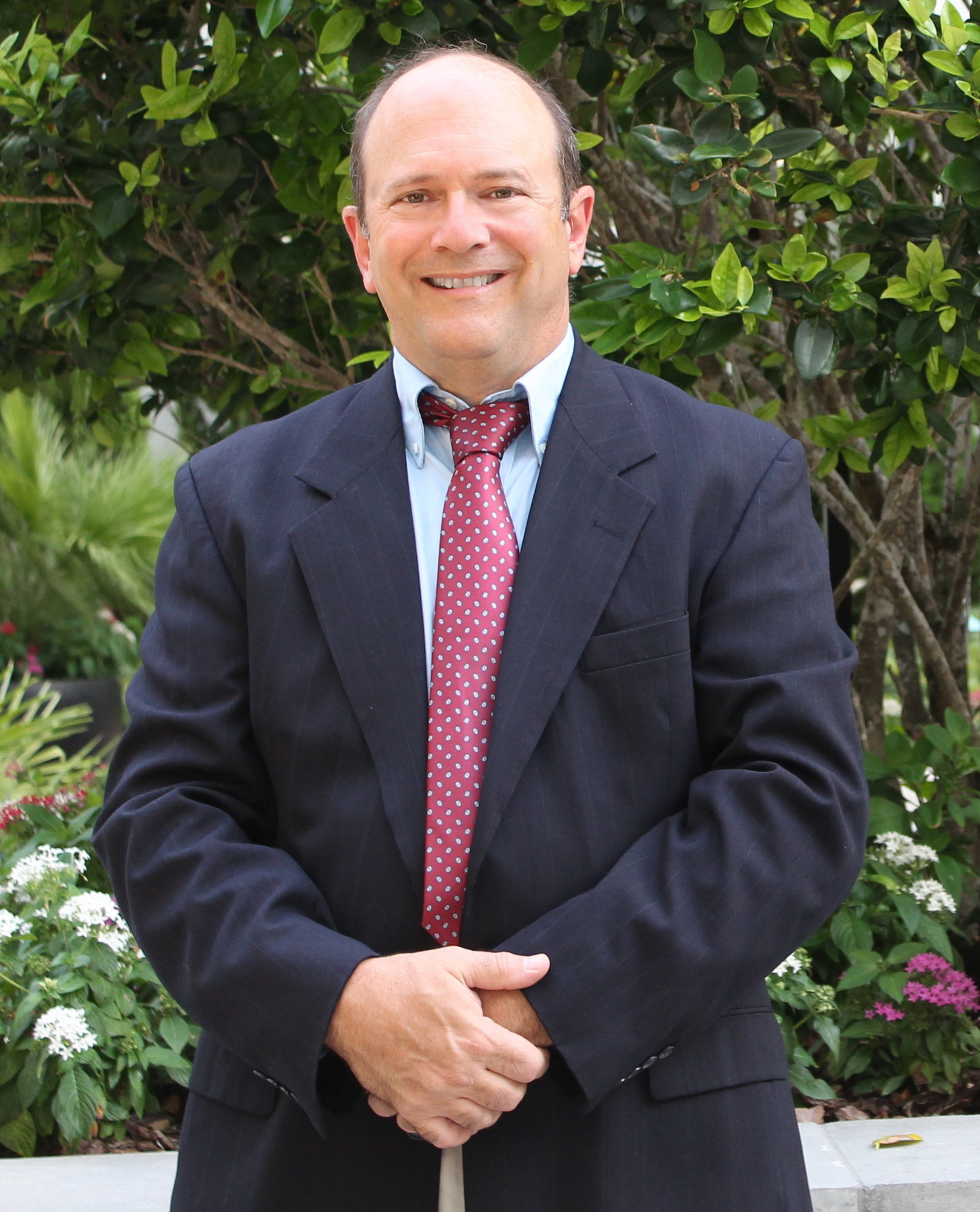- May 2, 2024
-
-
Loading

Loading

Age: 58
Hometown: Larchmont, N.Y.
Occupation: Mental Health Counselor
Previous political offices: Treasurer of my student government

About: I have lived in Sarasota for almost 25 years. My two children, educated in local public schools and having attended Booker High School, are honors students. I have held a variety a professional roles in both the public and private sector involving banking, securities, insurance, computer network administration and as a culinary engineer. Currently I am a Registered Mental Health Counseling Intern preparing for licensure. I provide counseling services at two agencies providing services to children and adults. I am certificate trained in EMDR trauma protocols. I support the Children’s First Nurturing Dads Initiative, where I have helped deliver training to dads. I believe in Scouting programs, where I hold a Doctorate in Scouting Arts and I am a member of the Buffalo Patrol. I have been a member of the Sarasota Sailing Squadron for 20 years.
Why do you want to serve on the hospital board?
I see my position on the board in a variety of capacities. First and foremost, is to serve and advocate for members of the community who in many ways find themselves not able to advocate for themselves. Secondly, I envision the board forging change in public policy for public hospitals across the country. The board has a role in defining the scope of services offered and setting an agenda to meet new goals.
What qualifies you to oversee the fiscal health of the Sarasota Memorial Health Care System?
There is no enterprise that can survive with unreimbursed expenses. Public hospitals across the nation encounter this with transactions billed to insurers. State caps on insurance funds makes things worse. I will propose new legislation to help public hospitals nationwide overcome financial shortfalls by constrained insurance funding from state policies.
I have a Bachelor of Arts in Economics. Prior roles have included investment advisory and several licenses in securities, insurance and property and casualty. Banking has been in my family for years. In the 1890s, Schwabach & Son Banking House on 72nd Street in New York City provided retail banking. My grandfather began a commodity import business and his son, my dad, upon his graduation from Yale University in 1939, was the youngest member to hold a seat on the New York Stock Exchange. Later, my grandfather began a small bank, the Hollywood Bank and Trust in Florida.
What is your position on how the hospital board should use and manage its taxing authority?
Most citizens do not understand this important function. I suspect most current board members fail to see the importance of this fiscal tool. Taxing authority is a collective exercise in fiscal restraint and common-sense financing capacity for our communities. I believe that when carefully defined, taxing authority is respected by the citizens who pay their taxes but generally not respected by those who avoid paying taxes.
Do you have a position on whether the current millage rate should be raised or lowered?
Yes. In general, revenue can be achieved from a variety of sources. I do not believe that our local citizens need to foot the bill for the hospital to operate in a fiscally sound position. As I stated in the prior question, when the citizens understand a carefully defined tax policy, they have no trouble supporting it. Nationally, however, if we can adopt legislation to indemnify hospitals from losses, then we do not need to depend on local taxation to secure funding.
If elected, what do you believe should be the top priority of the board during your term?
When I am elected, I will introduce a customer-centered culture and move to revamp how managements view their roles. I will expand community services with more behavioral health services. I will begin talking about responsible reproduction, providing information and expanded clinical services to meet demands. Women especially and men need to have easy access to information and services 24 hours a day, every day. The public hospital location is known to everyone, young and older, is accessible and can provide services as is done in other states in the nation. Let’s be ahead of the times in matters of contraception and talking about infectious disease control, not behind the times!
A proposed hospital in Venice is just one of the ways SMH has attempted to grow over the past few years. Do you favor or oppose pursuing a hospital in Venice? Why?
Economics of geography dictate the most advantageous placement of services. Access and affordability are the keys for effective healthcare. This can be accomplished. There is a cost, however, when considering new hospital sites. We must consider the carbon footprint of any new construction and demand cleaner, more efficient use of energy.
What is your position on building a hospital in Sarasota County's largest city, North Port?
Again, economics of geography dictates the most advantageous placement of services. Citizens throughout the county have the right to access affordable healthcare. In times of need, a person should not have to drive almost an hour to get to a hospital. Clearly, as a community is growing, services must be expanded to ensure coverage. We must consider the carbon footprint of any new construction and demand cleaner more efficient use of energy.
What is your position on doing what Venice and other communities have done — selling and privatizing the hospital system and using the proceeds in a community foundation?
A private hospital is not driven by community standards but by corporate standards. And often, we see the two are not compatible. As for a community foundation, this is another veil for the same privatization argument. In essence, any move to privatize the hospital system leads to outsourcing of services for a reduction in costs. This is where quality, diversity and safety become blurred objectives in the name of fiscal austerity policies more commonly found in less democratic regions around the world. A strong board with talented members can accomplish much more.